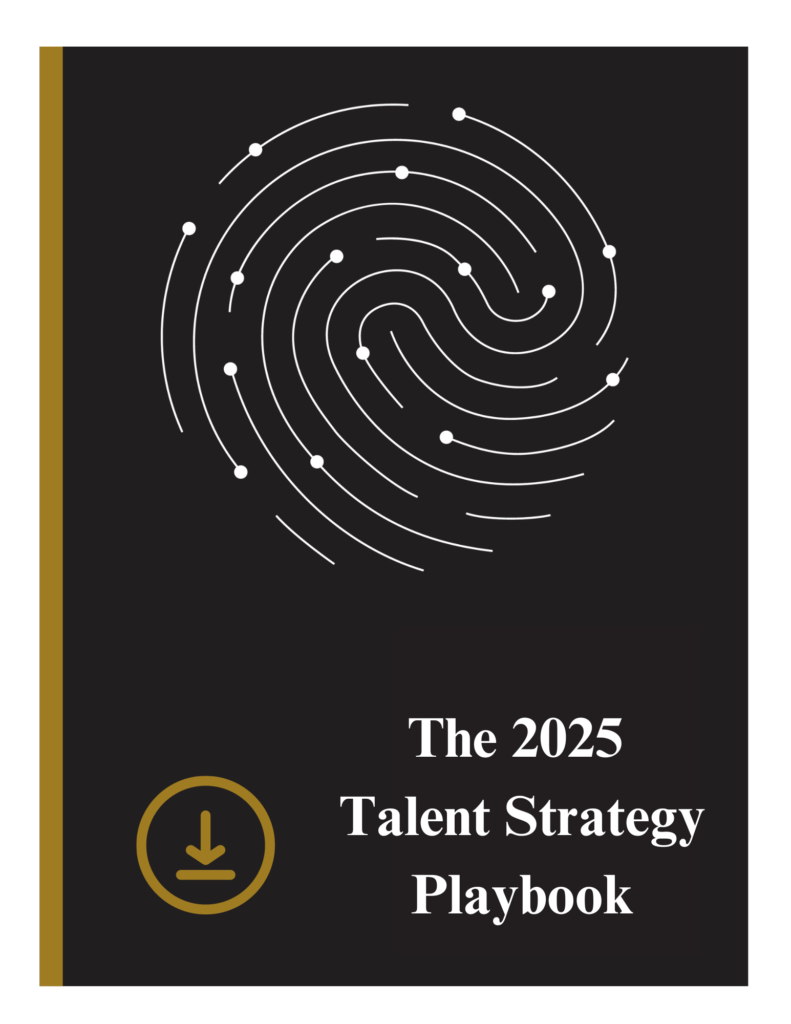by Ashley Ward
Having a well-defined compensation philosophy is essential for attracting, retaining, and motivating top talent. Compensation is more than just a paycheck; it encompasses all the rewards that employees receive in exchange for their work, including salary, bonuses, benefits, and other perks. This article explores the fundamentals of setting a compensation philosophy, where to find reliable compensation ranges, and pitfalls to avoid.
Understanding Compensation Philosophy
A compensation philosophy is a formal statement that outlines an organization’s approach to employee pay and rewards. It reflects the company’s values, competitive position, and goals. A well-crafted compensation philosophy provides a framework for consistent and fair compensation decisions, aligning employee rewards with business objectives.
Key Components of a Compensation Philosophy
- Alignment with Organizational Goals: The philosophy should support the strategic objectives of the organization. For example, a company focused on innovation might offer higher bonuses for creative achievements.
- Market Competitiveness: To attract and retain talent, compensation levels must be competitive with other companies in the same industry and geographic area.
- Internal Equity: Employees should perceive their pay as fair relative to their colleagues. This involves setting pay ranges that reflect differences in roles, responsibilities, and performance.
- Performance Orientation: A philosophy that rewards performance can motivate employees to excel. This may include merit-based increases, bonuses, and other performance-related pay.
- Transparency and Communication: Employees need to understand how their pay is determined. Clear communication about the compensation philosophy and practices builds trust and engagement.
- Legal Compliance: Adherence to labor laws and regulations is non-negotiable. The compensation philosophy must comply with all applicable legal standards to avoid penalties and lawsuits.
Setting a Compensation Philosophy
Steps to Develop a Compensation Philosophy
- Assess Organizational Goals and Values: Begin by understanding the company’s mission, vision, and strategic objectives. Consider how compensation can help achieve these goals.
- Conduct a Compensation Audit: Review current compensation practices to identify strengths and areas for improvement. This includes analyzing pay structures, employee satisfaction, and competitive positioning.
- Gather Input from Stakeholders: Engage leaders, managers, and employees in the process. Their insights can help shape a philosophy that resonates with the entire organization.
- Define Key Principles: Based on the assessment and stakeholder input, establish the guiding principles of the compensation philosophy. Ensure these principles align with organizational goals and values.
- Develop Pay Structures and Policies: Create detailed pay structures that define salary ranges for different roles and levels. Develop policies for salary reviews, promotions, and bonuses.
- Communicate the Philosophy: Clearly articulate the compensation philosophy to all employees. Use multiple channels, such as meetings, intranet, and handbooks, to ensure understanding and buy-in.
- Monitor and Review: Regularly review the compensation philosophy to ensure it remains relevant and effective. Make adjustments as needed based on business changes, market conditions, and employee feedback.
Where to Get Reliable Compensation Ranges
Obtaining accurate and up-to-date compensation data is crucial for setting competitive pay ranges. Here are some reliable sources:
- Salary Surveys: Third-party salary surveys provide comprehensive data on compensation trends across various industries and regions. Examples include surveys from organizations like Mercer, Willis Towers Watson, and Aon Hewitt.
- Industry Associations: Many industry-specific associations conduct compensation surveys and provide valuable data to their members. These can offer insights tailored to specific sectors.
- Government Data: Government agencies, such as the U.S. Bureau of Labor Statistics (BLS), offer extensive compensation data. The BLS’s Occupational Employment Statistics (OES) program provides detailed wage estimates across occupations.
- Professional Networks: Networking with peers in similar roles or industries can provide anecdotal insights into compensation trends. This can be particularly useful for niche roles not well-covered by surveys.
- Consulting Firms: Compensation consulting firms specialize in providing tailored data and advice. They can offer detailed market analyses and recommendations based on specific organizational needs.
- Online Salary Tools: Websites like Glassdoor, PayScale, and Salary.com offer free and paid tools to research salary ranges. While not always as reliable as formal surveys, they can provide useful benchmarks.
Pitfalls to Avoid in Compensation Data Collection
While collecting compensation data, it’s important to be aware of potential pitfalls that can lead to inaccurate or misleading information:
- Overreliance on Online Tools: While online salary tools are convenient, they may not always provide the most accurate or comprehensive data. These tools often rely on self-reported information, which can be inconsistent.
- Ignoring Industry-Specific Factors: Compensation can vary significantly between industries. Using generic data without considering industry-specific factors can lead to inappropriate pay scales.
- Neglecting Geographic Differences: Compensation levels can vary widely by location due to cost of living and labor market conditions. Ensure that the data reflects the geographic areas where your employees work.
- Outdated Data: Compensation trends can change rapidly. Relying on outdated data can result in pay scales that are no longer competitive. Use the most recent data available and regularly update your information.
- Lack of Context: Compensation data should be interpreted in the context of the organization’s specific needs and circumstances. Raw data without context can lead to misinformed decisions.
- Data Quality: Not all sources are equal in terms of data quality. Ensure that the sources you use are reputable and methodologically sound. Cross-check data from multiple sources to validate accuracy.
Implementing the Compensation Philosophy
Once the compensation philosophy is established, the next step is implementation. This involves integrating the philosophy into all aspects of compensation management.
Developing Pay Structures
- Job Analysis and Evaluation: Conduct a thorough analysis of all roles within the organization. Evaluate each job based on responsibilities, skills required, and market benchmarks to establish fair pay ranges.
- Salary Bands and Ranges: Create salary bands and ranges for different job levels. These ranges should reflect the market data and internal equity considerations.
- Performance-Based Pay: Develop a performance management system that links compensation to individual and organizational performance. This can include merit-based increases, bonuses, and other incentives.
Communication and Transparency
- Clear Communication: Ensure that all employees understand the compensation philosophy and how it affects their pay. Provide regular updates and opportunities for employees to ask questions.
- Training for Managers: Equip managers with the knowledge and tools they need to effectively communicate and implement the compensation philosophy. This includes training on conducting salary reviews and discussions with employees.
Regular Review and Adjustment
- Market Monitoring: Continuously monitor market compensation trends to ensure pay remains competitive. Adjust salary ranges and policies as needed to respond to changes in the labor market.
- Employee Feedback: Gather feedback from employees on compensation practices. This can provide insights into perceptions of fairness and areas for improvement.
- Legal Compliance: Regularly review compensation practices to ensure compliance with all applicable laws and regulations. Stay informed about changes in labor laws that may impact compensation.
A well-defined compensation philosophy is a cornerstone of effective talent management. It helps organizations attract, retain, and motivate employees by providing clear, fair, and competitive compensation. By setting a philosophy aligned with organizational goals, gathering reliable compensation data, and avoiding common pitfalls, companies can create a compensation system that supports their strategic objectives and fosters a motivated and engaged workforce. Regular review and transparent communication are key to maintaining the effectiveness and relevance of the compensation philosophy in a dynamic business environment.



















